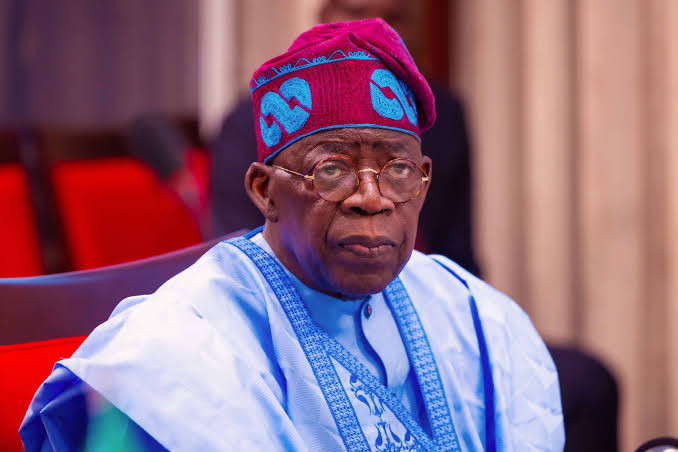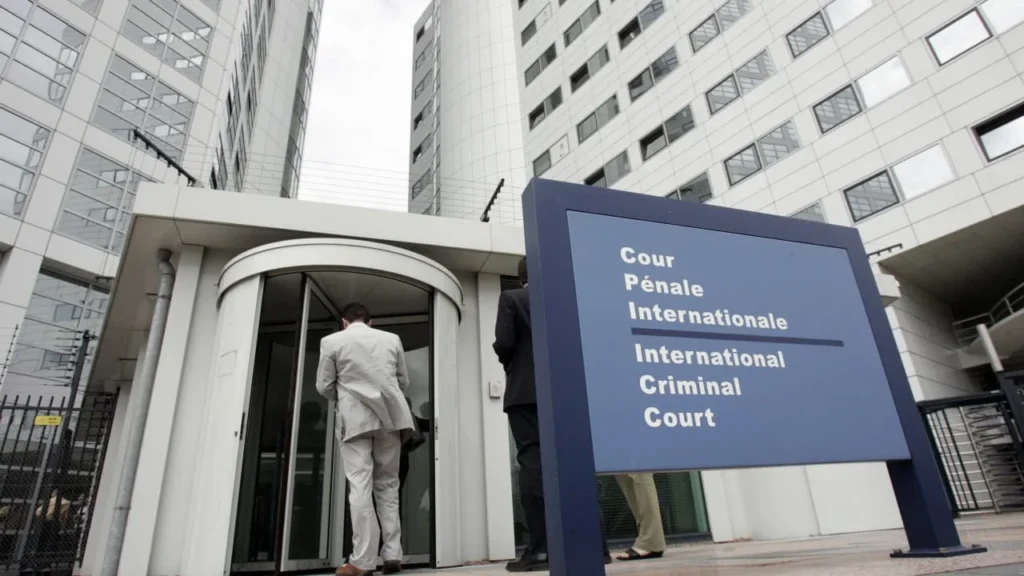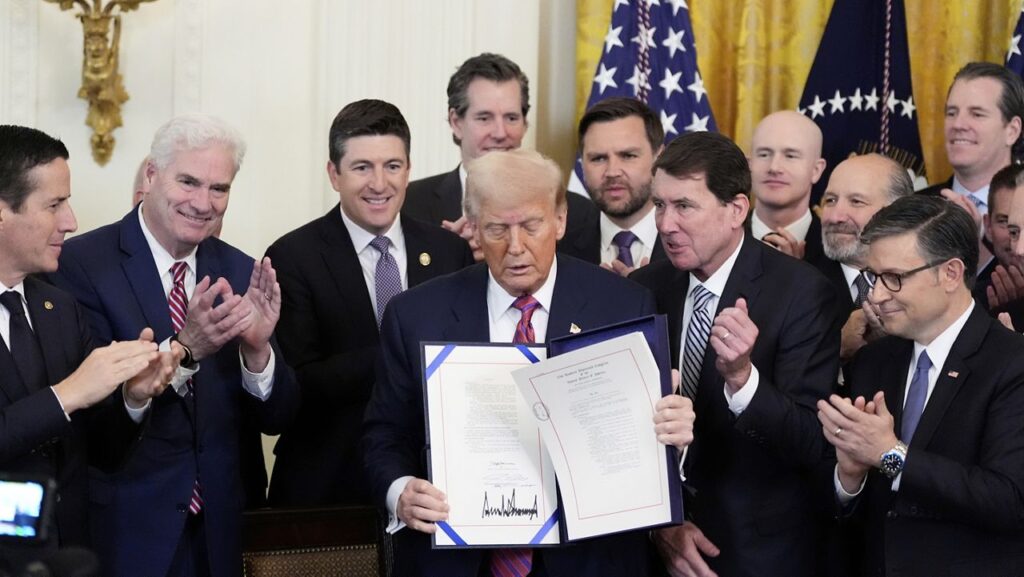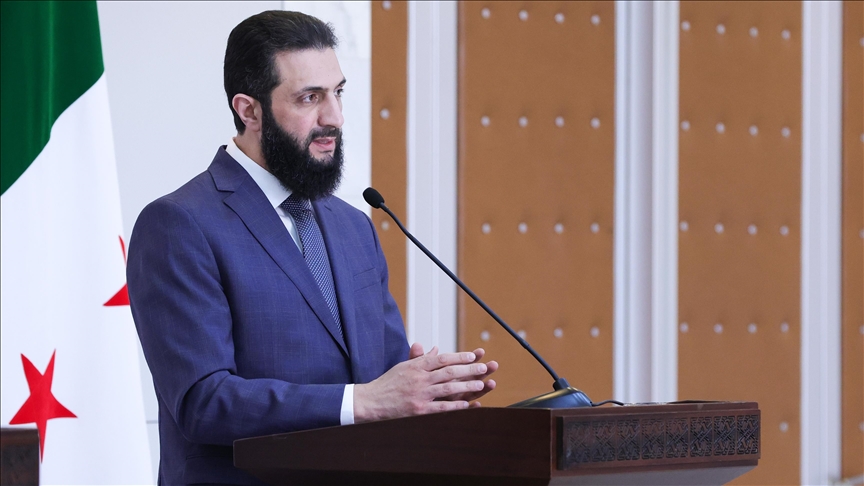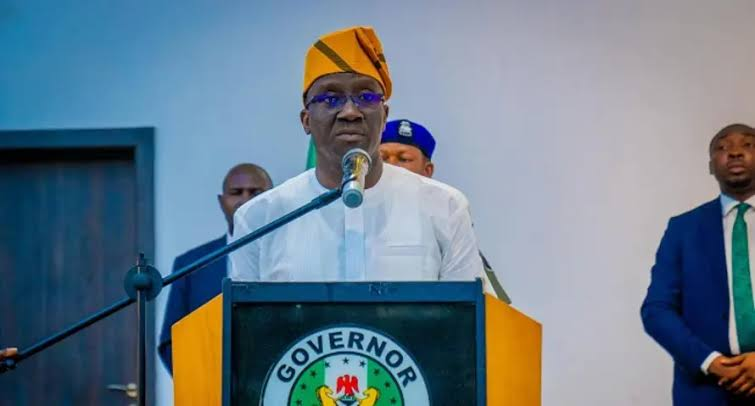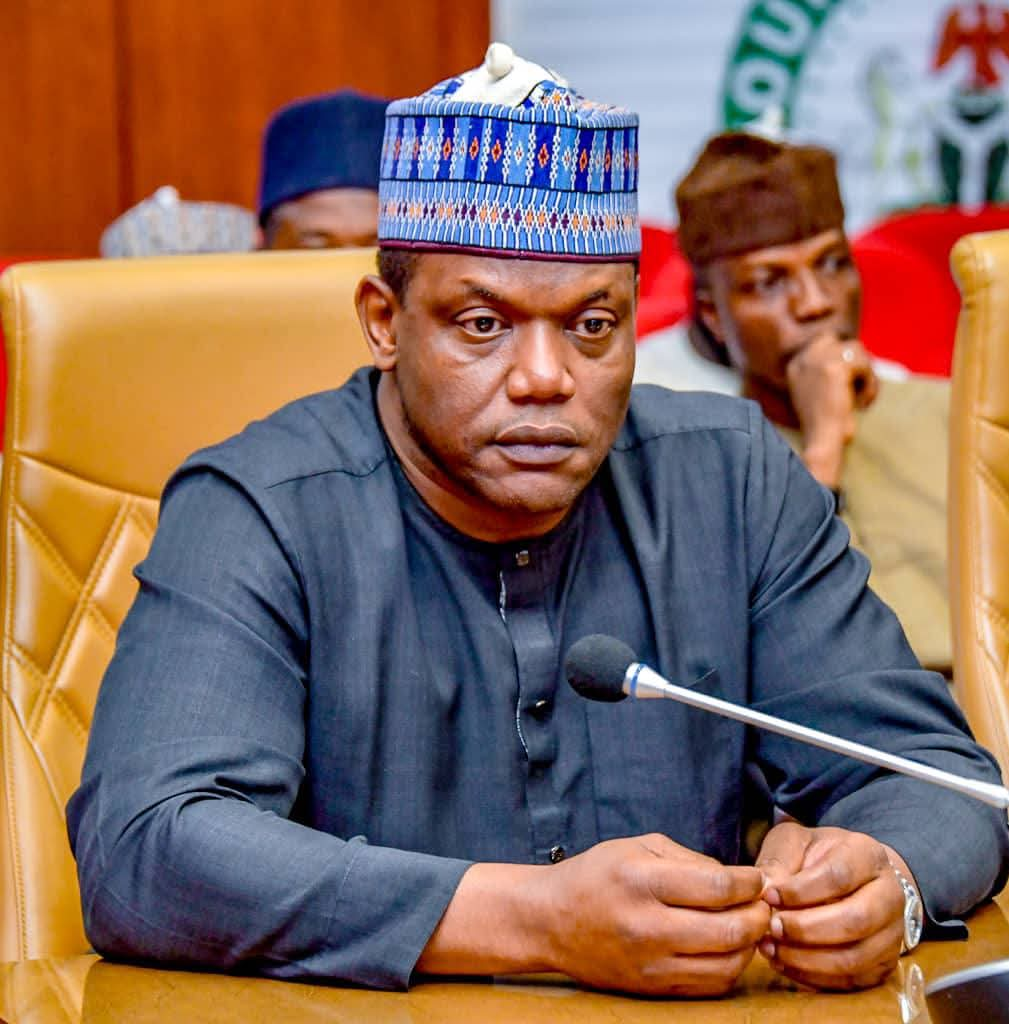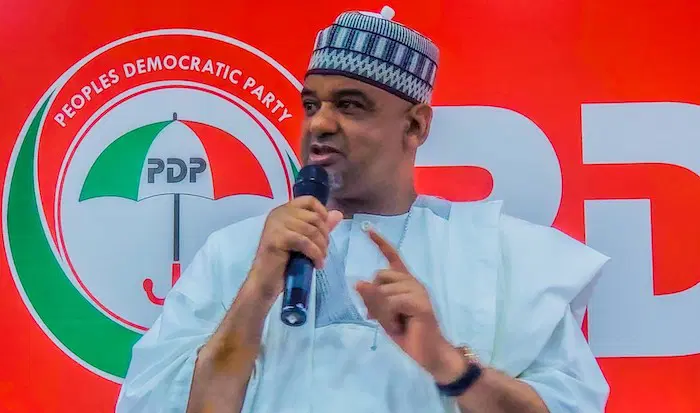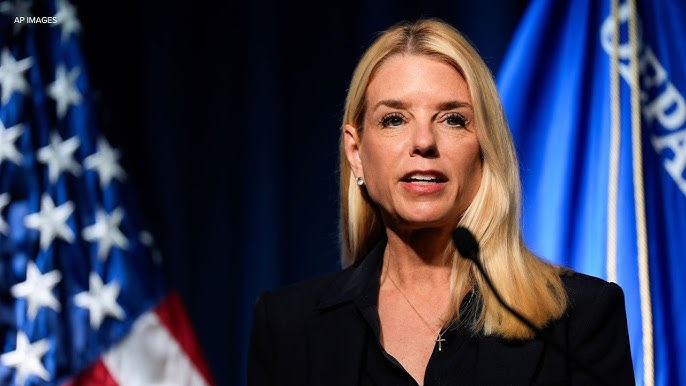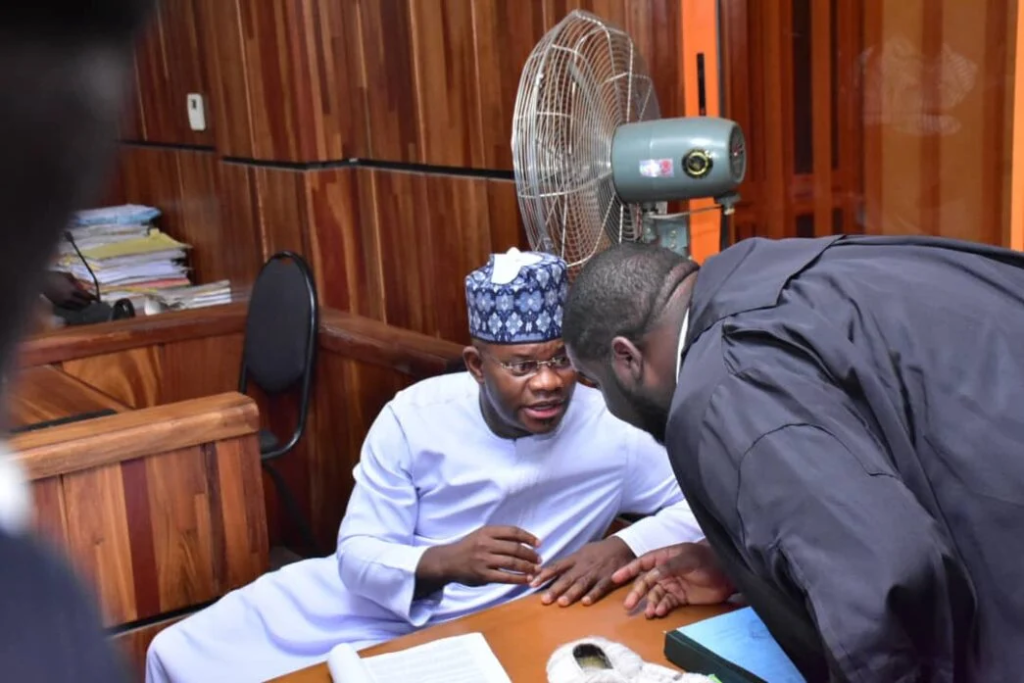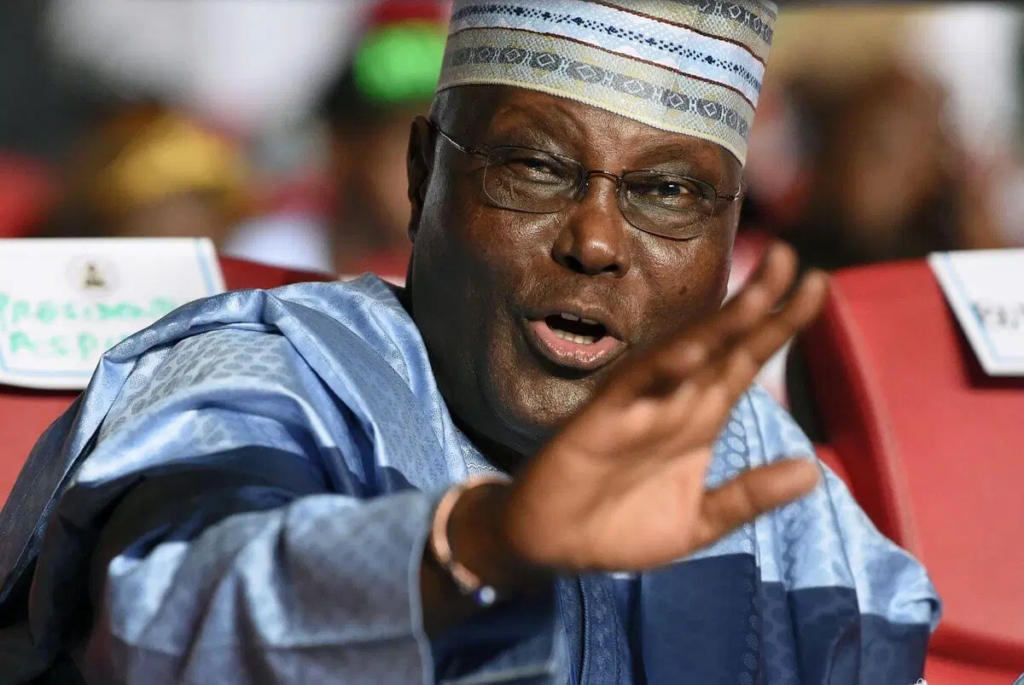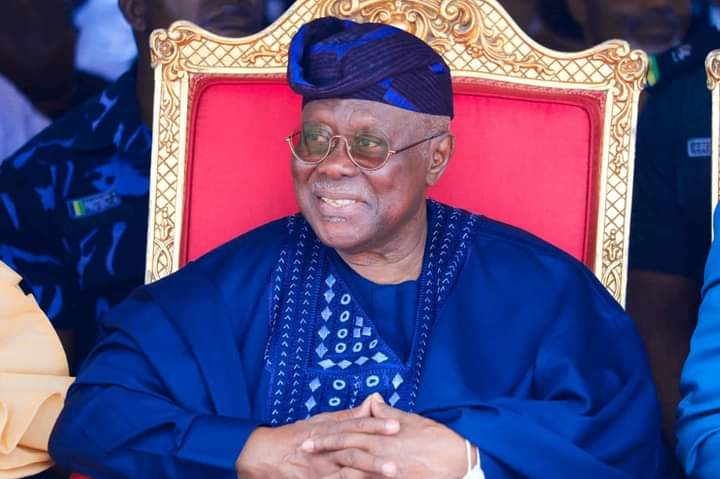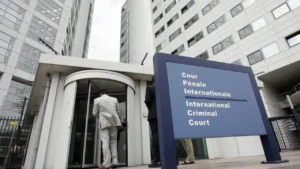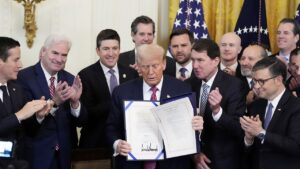President Bola Ahmed Tinubu, of the All Progressives Congress (APC), has won an eight-month legal battle resolved by the Supreme Court on Thursday over the outcome of the February 25 presidential election.
It dismissed the individual appeals filed by Peter Obi of the Labour Party (LP) and Atiku Abubakar of the Peoples Democratic Party (PDP) on the grounds that they were frivolous and without substance.
The seven-member court, presided over by Justice Inyang Okoro, upheld Tinubu’s election victory, ruling that the appellants had not produced any evidence to substantiate their reasons for appeal.
Other members of the panel included Justices Uwani Abba Aji, Mohammed Garba, Ibrahim Saulawa, Adamu Jauro, Abubakar Tijjani and Emmanuel Agim.
In the lead judgment, Justice Okoro said, “On the whole, having resolved all the issues against the appellants, it is my view that there is no merit in this petition, and it is hereby dismissed.
“The judgment of the court below delivered on September 6 affirming the election of the second respondent (Tinubu) as the duly elected President of the Federal Republic of Nigeria is hereby affirmed.”
The panel, however, did not award costs against of the parties.
Atiku and Obi had raised about seven grounds against the September 6 judgment of the Presidential Election Petitions Court.
The grounds included whether the use of technology in the transmission and collation of results i.e., BVAS and IREV was mandatory; whether sections 134(2)(b), 2(2), 3(1) and 299 of the Nigerian Constitution made it mandatory for the president to score 25 percent of votes in the FCT.
Others were whether the president’s forfeiture of the sum of $460,000 to a US District Court of the Northern District of Illinois disqualifies him from seeking the office under Section 137(1)(d) of the Constitution of Nigeria and whether the president was disqualified as a result of double nomination of his running mate.
Atiku also sought to tender fresh evidence of the deposition of the Chicago State University (CSU) certificate of Tinubu.
In dismissing the application for the tendering of fresh evidence from the CSU, the panel held that the 180 days within which to file fresh evidence had lapsed and could not be expanded.
The panel ruled that IREV is not a collation system in regards to the presidential election results not being transmitted directly from the polling units. It said that INEC’s regulations showed that electronic results transmission was only required in situations where manual collation was not possible.
The supreme court upheld the lower court’s decision that Tinubu’s $460,000 forfeited in the US and his dual citizenship document were only included in the reply to the respondents, not in the initial petition.
The panel ruled that IREV is not a collation system in regards to the presidential election results not being transmitted directly from the polling places.
The justice said the appellant’s sole reliance on the non-transmission of results live as a ground of the non-compliance could not be a ground to nullify the election, adding INEC’s regulations showed that where the IREV portal fails, manual collation could be used.
On the requirement of 25 percent in the FCT, the panel held that the constitutional intends a liberal approach and holistic interpretation on such issues not a narrow one.
It said the legislature did not intend to create injustice by making that provision and not where a candidate scores 25 percent in 30 states but failed to score same in the FCT, he cannot be president.
On the expunction of paragraphs of their petition and subpoenaed witnesses, the panel held that the law does not allow the amendment or introduction of fresh matters or to expand the hearing time as provided in the law, adding that presenting their matters in bits would rob the respondents of fair hearing.
The Supreme Court agreed with the lower court that the new paragraphs were “vague and imprecise and lacking in particulars” and relevant parties mentioned by the witnesses in alleged irregularities, especially in Kogi State, were not joined in the petition.
“Election petitions are sui generis, which means that they stand on their own,” the panel said. On the alleged use of disparaging words by justices of the lower court, Justice Okoro said the context in which they were made was not to disparage the appellants.
He added that some appellants used threatening messages against the justices and engaged in media trial after submitting their matters in the court.
The panel said Atiku’s claim that INEC’s averment admitting his victory in 21 states was admission against interest in the declaration of Tinubu was not relevant as the constitution only recognises majority votes and the result showed he only polled 6,984,520 votes against Tinubu’s 8,794,726 votes.
The panel also dismissed the same appeal by Obi and LP, saying the issues were similar to the one canvassed by Atiku and PDP except for the issue of the double nomination, which was dismissed as already decided.
Tinubu Reaction To The Verdict
In response to the verdict, Tinubu issued a statement in which he said that the judiciary had shown its unwavering dedication to preserving the rule of law for the advancement and defense of humanity, in spite of the barrage of pressure and attempts at intimidation by certain political actors.
He said that the people’s mandate for the APC was freely and fairly obtained, and that this gave rise to his leadership of Nigeria “as a tumultuous period of unprecedented reforms in our history as a nation.”
He said that the victory had given him even more motivation and confidence to carry on serving all Nigerians, whatever of their political beliefs, tribes, or religions, with honor and complete respect for their diversity of viewpoints and shared ideals.
He said his faith in the judiciary had never been shaken “because I know that our hallowed courts of law will not fail to administer justice to all Nigerians in all matters and at all times.”
Tinubu said he solemnly and humbly accepted his victory with an intense sense of responsibility and a burning desire to meet the great challenges confronting Nigerians.
“We’re all members of one household, and this moment demands that we continue to work and build our country together. The strength of our diversity and the great citizenship that binds us must now compel us forward in directing the energy of our people towards building a virile, stronger, united, and more prosperous country.
“In the days and months ahead, I trust that the spirit of patriotism will be elevated into supporting our administration to improve the living conditions of Nigerians.”
Ada Peter

